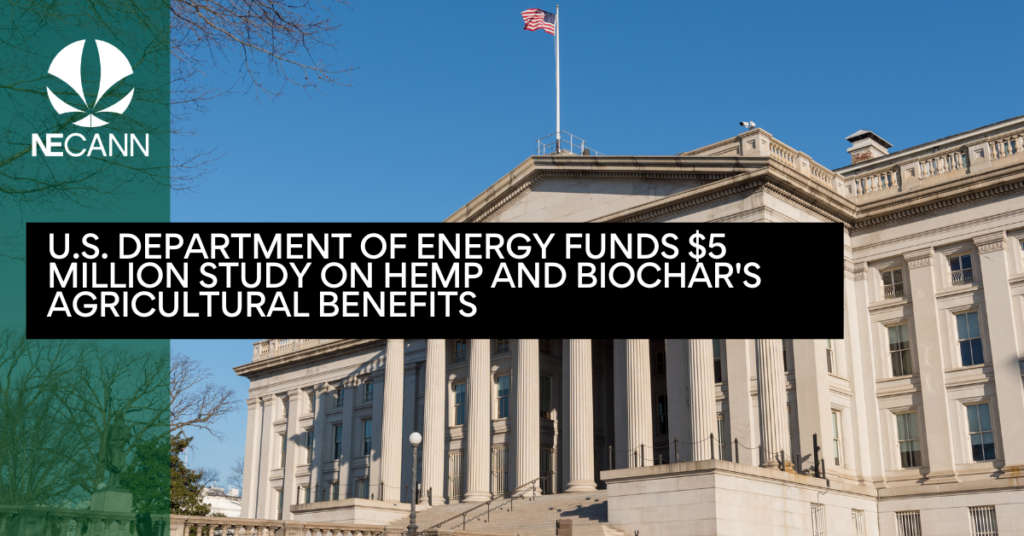The U.S. Department of Energy is funding a groundbreaking $5 million study to explore the agricultural benefits of hemp cultivation and biochar, a charcoal-based mixture used to improve soil health. This six-year project will be a joint effort between researchers from Western Washington University, Pacific Northwest National Laboratory, and the University of Connecticut.
The study will focus on the effects of hemp and biochar on soil health, examining how rotations of hemp, wheat, corn, chickpeas, and other crops impact the soil over time. Researchers aim to determine whether the combination of hemp and biochar could amplify each other’s effects, enhancing agricultural soil quality and boosting crop yields.
David Gang, the project leader and director of the WSU Center for Cannabis Policy, Research, and Outreach, emphasized the potential of hemp and biochar as powerful tools for invigorating agricultural soils. “Together, they might amplify each other’s effects,” Gang stated, adding, “We want to see how different combinations of hemp and biochar affect the entire cropping system.”
The project will also include soil analysis efforts led by Yard Stick PBC, a private firm developing a spectrometer probe and learning models to measure various forms of carbon in the soil. Chris Tolles, CEO of Yard Stick, highlighted the promising role of biochar in decarbonizing agricultural supply chains, stating, “We are thrilled to provide soil carbon measurement expertise to this innovative project.”
This study could have significant implications for sustainable agriculture, climate impact, and the future of hemp cultivation as an environmentally friendly crop.
Stay updated on the latest cannabis industry news—subscribe now.




